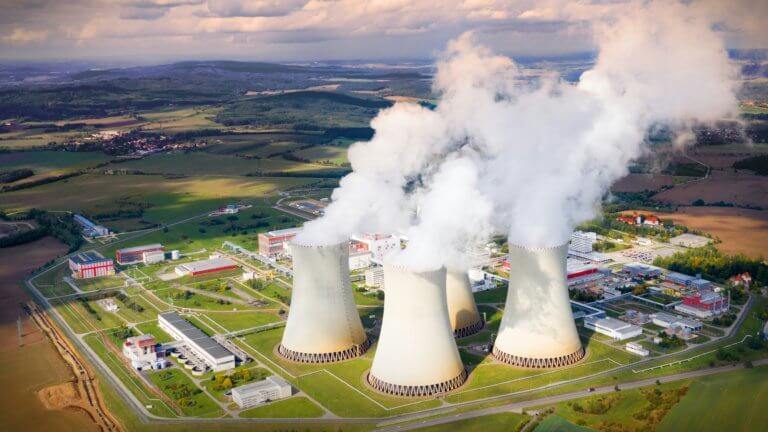Pilot scheme to support oil and gas workers to transition to renewables: Through a pilot scheme, oil and gas workers will be supported to transition to a career in renewables, initially into a variety of roles in offshore wind.
Research from Offshore Energies UK showed that 90% of oil and gas workers have skills that are relevant to the clean energy transition. The pilot scheme will help oil and gas workers recognise their existing transferable skills and support them to undertake further training if needed to transition to a career path in renewables. Additionally, four areas across the UK, where large numbers of workers are employed in oil or gas industries, will receive funding for targeted measures such as training centres and skills courses: Aberdeen, Cheshire, Lincolnshire and Pembrokeshire.
UK Government invests in Nuclear Fusion: The UK Government has committed £410 million to support the rapid development of the UK fusion energy sector, including the possible construction of a world-leading nuclear fusion power project on the site of the old West Burton coal plant in Nottinghamshire.
Ed Miliband, the energy secretary, said that the investment means that the UK is “now within grasping distance of unlocking the power of the sun and providing families with secure, clean, unlimited energy.” (The Guardian, 2025)
The sun, along with all other stars, is powered by a reaction: nuclear fusion. Simply put, nuclear fusion is the process of joining two light atomic nuclei together to form a single heavier one, releasing massive amounts of energy in the process.
Currently nuclear power plants use nuclear fission to generate energy. Nuclear fission is a reaction where a heavier atomic nucleus splits into two or more smaller nuclei, releasing energy in the process. However nuclear fission produces unstable nuclei which are radioactive. This radioactive waste is extremely hazardous and long lasting, so expensive measures have to be taken to safely store it whilst its radioactivity diminishes.
Nuclear fusion on the other hand does not produce any long-lived radioactive waste. If we can replicate nuclear fusion on Earth, we could have access to virtually limitless clean, safe and affordable energy to meet all the world’s energy demands.
Global sea ice hit record low: Scientists from Copernicus Climate Change Service (C3S) said that global sea ice fell to a record low in February, one of the consequences of a warming world.
C3S have been monitoring sea ice levels through satellite observations since the 1970s. Global sea ice extent varies, but it typically reaches its annual minimum in February, when it is summer in the southern hemisphere. Scientists are worried about the lower levels of sea ice as ice reflects sunlight, helping to keep the planet cool. A lack of sea ice means darker ocean surfaces which accelerates warming as the Earth absorbs more sunlight.
